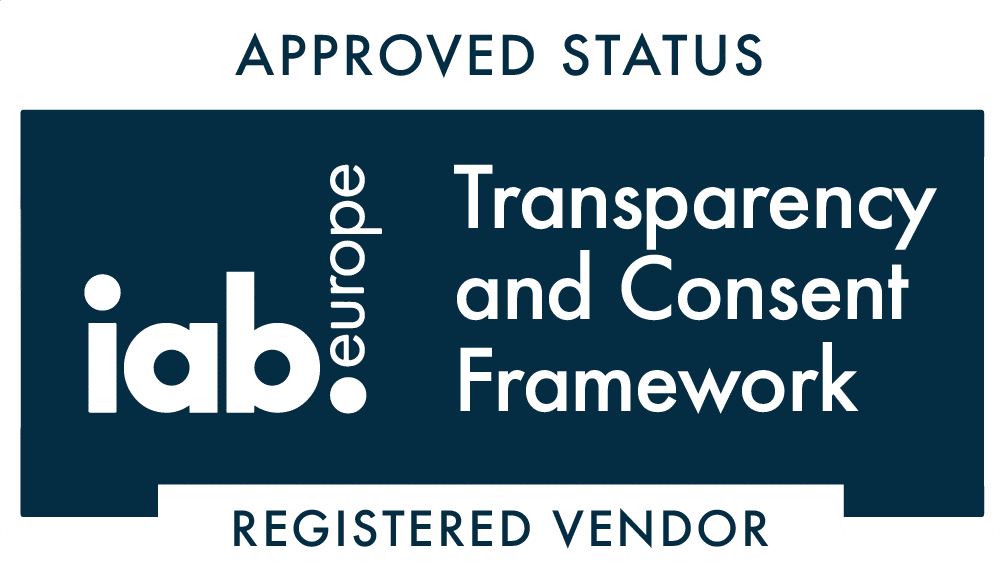The road to AdSense success may or may not be paved with gold, but it definitely has a few pitfalls to catch out the unwary traveller. Here are 10 of the most common AdSense pitfalls that I’ve encountered in my 10 year AdSense career:
1. Ignoring policy information
Who actually reads terms and conditions? As an AdSense publisher you really should. Your agreement with AdSense is that you are guaranteeing to meet certain standards on any content that you show ads against. When you fail to meet those standards, advertisers get upset with Google. When that happens, Google gets upset with you, which is never a good thing. Read the policy: It’s your job to uphold it.
2. Expecting forgiveness
This one usually goes hand in hand with ignoring policy. Many publishers assume that Google will operate a “three strikes” system for policy violation, which isn’t the case. Whilst warnings for minor issues might be the norm, Google frequently suspend or terminate accounts that are failing to meet their contractual requirements. AdSense publishing is a business. If you break the contract, you can expect repercussions.
3. Failing to optimise
AdSense is so easy to set up that many people simply install it and sit back to wait for the payouts. With plugins for popular CMS like WordPress making it even easier, publishers often fail to experiment with formats and placements to maximise their earnings. The only way to find the best combination of ads and placement for your site is to try alternatives.
4. Chasing one metric
It’s all too easy to get fixated with chasing one metric – be it CTR, CPC or even RPM. Focusing on a single metric rarely leads to sustainable success. If you honestly can only focus on one number make it related to either traffic or user satisfaction. Blindly pushing for ever higher AdSense performance can result in turning users away and lowering long term earnings.
5. Fail to take responsibility for what your users post
As an AdSense publisher, you are responsible for all content that you place alongside ads, not just the content that you publish yourself. If you allow users to post content to your websites then it is your responsibility to ensure that AdSense ads are only shown alongside content that is compliant with AdSense policies. This includes forums posts and blog comments. See also “Expecting forgiveness”
6. Monetizing the effort of others
There is a contingent of prospective publishers who see AdSense as a source of money for nothing. The most common AdSense implementation is called “AdSense for content” and original content of value is expected. Curating the intellectual property of others and peppering it with AdSense doesn’t count.
7. Mistaking “legal” for “allowed”
Just like any other business arrangement, participation in the AdSense Publisher Programme is governed by the terms of a contract. Contracts exist to set boundaries that are not already covered explicitly by law. Google set rules so they have a quality ad network that is attractive to advertisers and not simply legal.
8. Trick of coax users into clicking
Encouraging invalid clicks, in any form, has to be the quickest way to get an account banned. Google, rightly, has very little tolerance for publishers trying to defraud their advertisers and they will act quickly and decisively when this is spotted. There are numerous ways to cross this line, some blatant, some less overtly dishonest, so it’s good to familiarise yourself with exactly where Google draw the line.
9. Thinking too short term
Running successful websites isn’t a short term game. Even publishers who focus on short term websites need to plan for the longer term at account level. Webmaster forums are full or prospective publishers asking what “high paying niche” they should launch a site into. The truth is that great sites in any niche can pay well. If the sole motivation for building a website is the ad revenue it can generate then it can be hard to build the best site for the long term.
10. Taking your eye off the traffic
I’m frequently asked by publishers “How can I improve my AdSense earnings?” Considering that this often happens in at a conference and it asked by someone who runs a website that I have never even looked at, there is only one answer I can give with confidence every time: “Get more traffic”.
Traffic isn’t everything of course, but it is the universal factor that will increase overall earnings to every website. Yes, you do need to optimise AdSense performance, but never at the expense of traffic.






